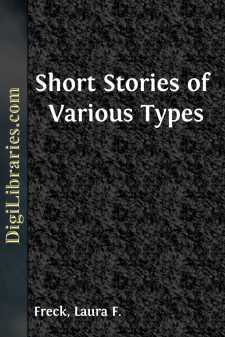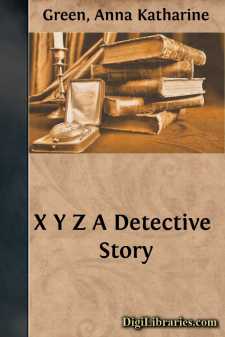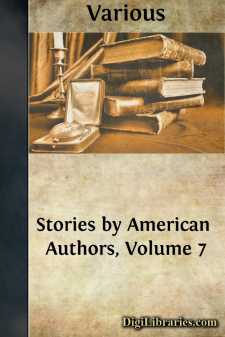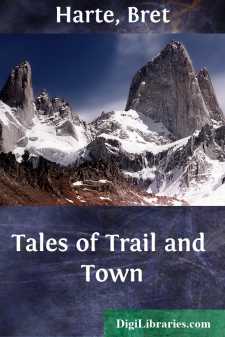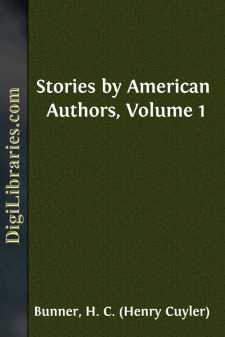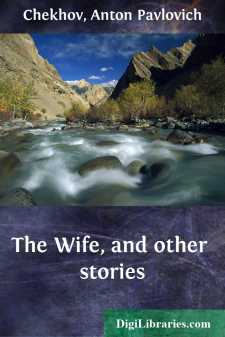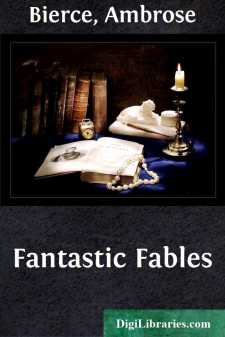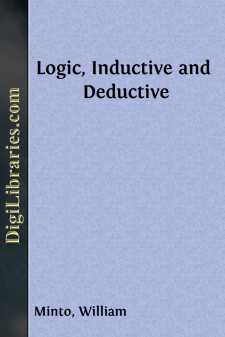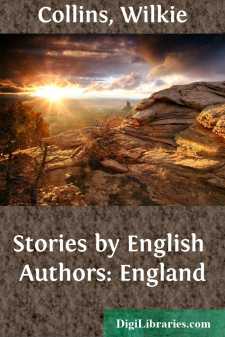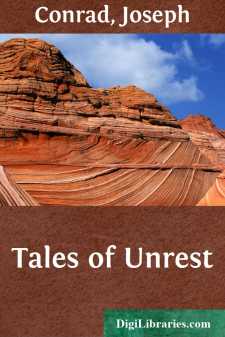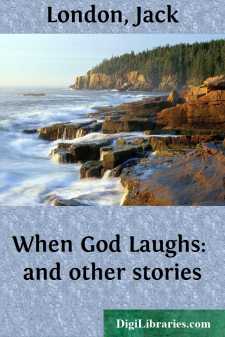Categories
- Antiques & Collectibles 13
- Architecture 36
- Art 48
- Bibles 22
- Biography & Autobiography 813
- Body, Mind & Spirit 142
- Business & Economics 28
- Children's Books 17
- Children's Fiction 14
- Computers 4
- Cooking 94
- Crafts & Hobbies 4
- Drama 346
- Education 46
- Family & Relationships 57
- Fiction 11829
- Games 19
- Gardening 17
- Health & Fitness 34
- History 1377
- House & Home 1
- Humor 147
- Juvenile Fiction 1873
- Juvenile Nonfiction 202
- Language Arts & Disciplines 88
- Law 16
- Literary Collections 686
- Literary Criticism 179
- Mathematics 13
- Medical 41
- Music 40
- Nature 179
- Non-Classifiable 1768
- Performing Arts 7
- Periodicals 1453
- Philosophy 64
- Photography 2
- Poetry 896
- Political Science 203
- Psychology 42
- Reference 154
- Religion 513
- Science 126
- Self-Help 84
- Social Science 81
- Sports & Recreation 34
- Study Aids 3
- Technology & Engineering 59
- Transportation 23
- Travel 463
- True Crime 29
Short Stories of Various Types
by: Laura F. Freck
Categories:
Description:
Excerpt
INTRODUCTION
The Short Story. In the rush of modern life, particularly in America, the short story has come to be the most popular type of fiction. Just as the quickly seen, low-priced moving picture show is taking the place of the drama, with the average person, so the short stories that are found so plentifully in the numerous periodicals of the day are supplanting the novel.
The short story may be read at a single sitting. It is a distinct type of literature; that is, it is not just a novel made short or condensed; it is in its inner plan of a wholly different nature. It relates only some single important incident or a closely related series of events, taking place usually in a short space of time, and acted out by a single chief character. It is like a cross section of life, however, from which one may judge much of the earlier as well as the later life of the character.
Its History. The idea of the short story is a decidedly modern conception. It was in the first half of the last century that Edgar Allan Poe worked out the idea that the short story should create a single effect. In his story, "The Fall of the House of Usher," for example, the single effect is a feeling of horror. In the first sentence of the story he begins to create this effect by words that suggest to the reader's imagination gloom and foreboding. This he consciously carries out just as an artist creates the picture of his dreams with many skillful strokes of his brush. Poe gave attention also to compressing all the details of the plot of the story instead of expanding them as in a long story or novel. He believed, too, that the plot should be original or else worked out in some new way. The single incident given, moreover, should reveal to the imagination of the reader the entire life of the chief character. Almost at the same time, Nathaniel Hawthorne, with a less conscious effort to create a single effect, based his tales upon the same ideas, with a tendency towards romance.
In the latter part of the nineteenth century, Guy de Maupassant, a French author without acquaintance with the work of the American writers, conceived the same idea of the short story, adding to it the quality of dramatic effect; that is, the idea that the single main incident should appeal to the imagination of the reader just as if it were a little play presented to him.
Bret Harte followed in this country with short stories that brought out, less precisely, the same idea of the short story, with the addition of local color, the atmosphere of California and the West.
Rudyard Kipling, who became a master of the technique of the short story in England, has colored his stories with the atmosphere of India and the far East, while O. Henry, the American master, has given us character types of the big cities, particularly of New York.
Its Composition. You, no doubt, have written stories for your composition work, but so far they have probably been chronological narratives; that is, stories told, as the newspapers tell them, by relating a series of events in the order of time....


